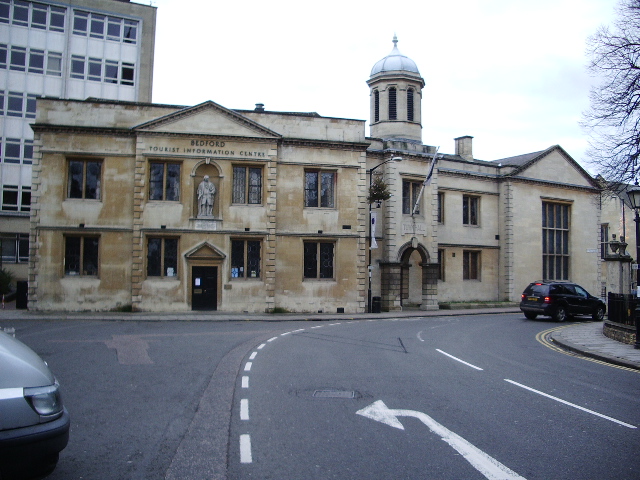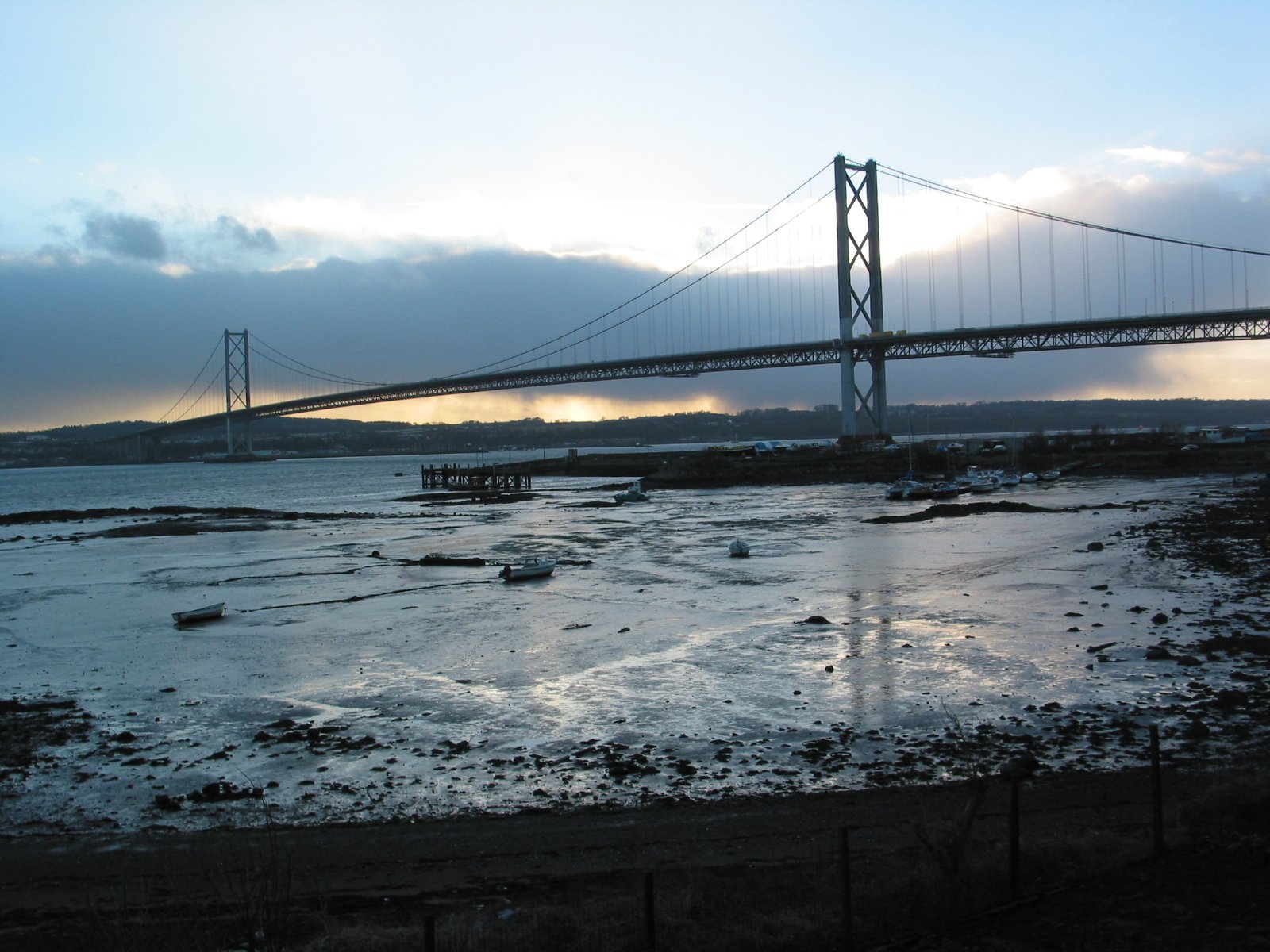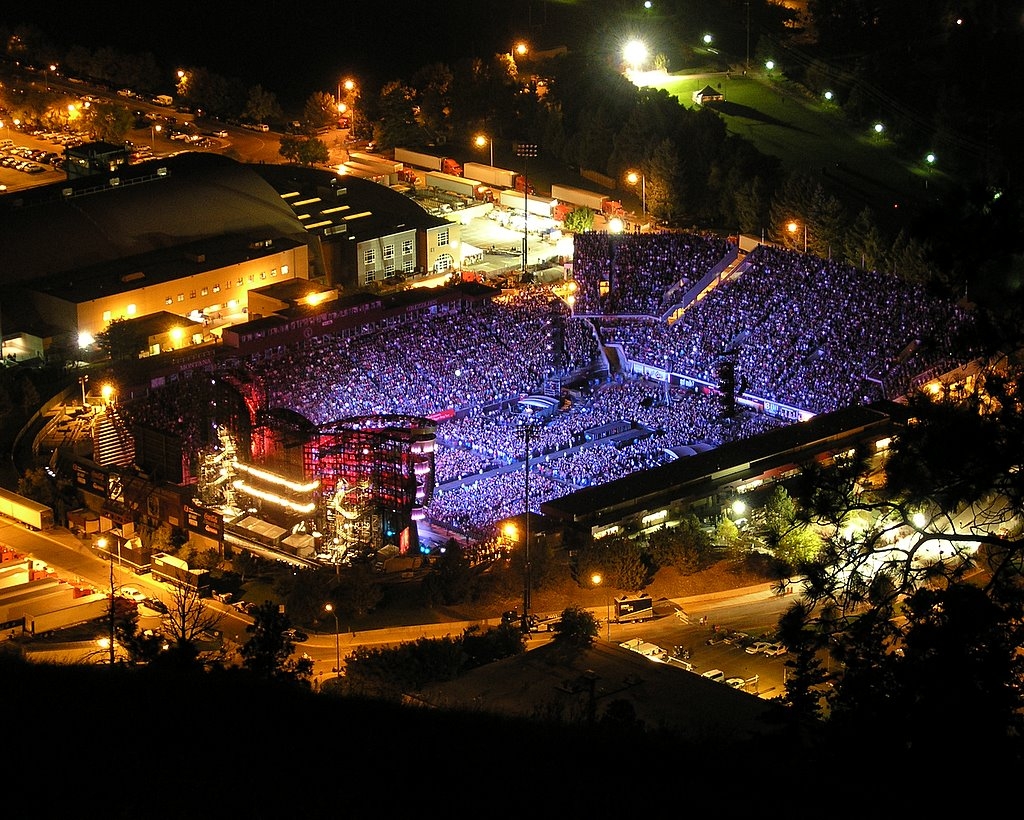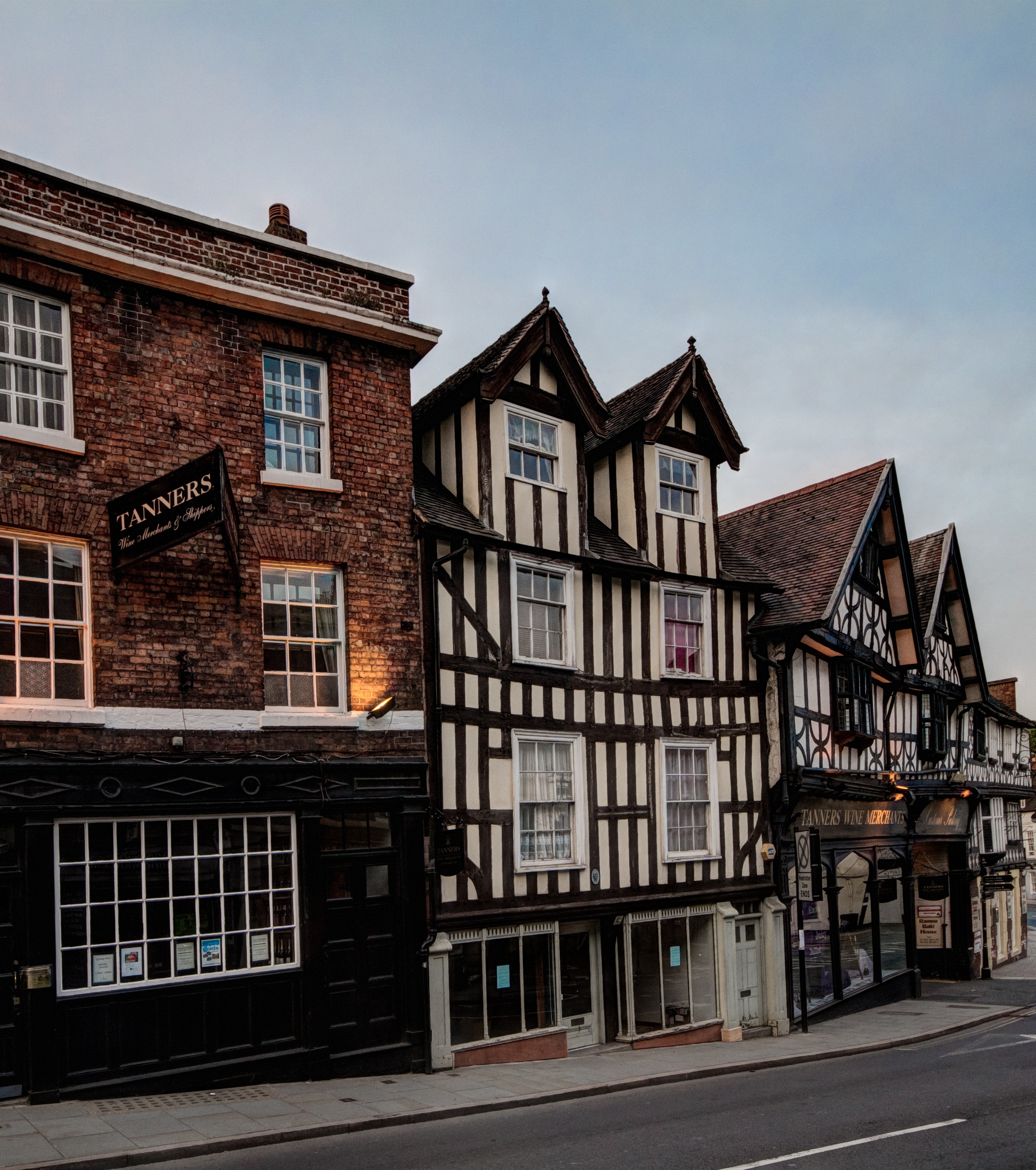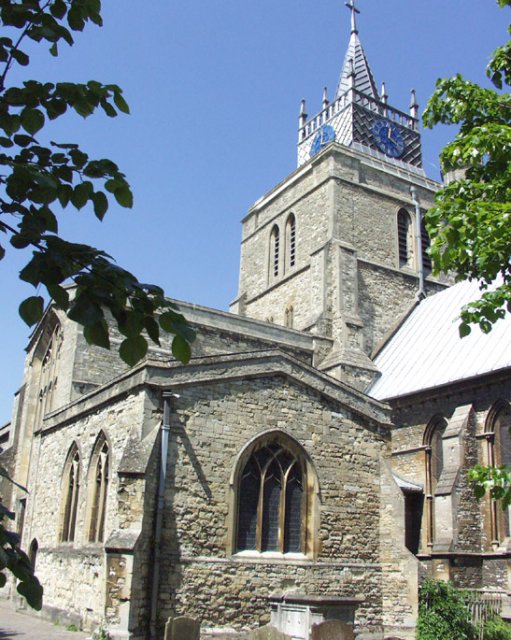|
The Rolling Stones 1st British Tour 1964
The Rolling Stones' 1964 1st British Tour was a concert tour. The tour commenced on 6 January and concluded on 27 January 1964. They played two shows a day at all venues. Tour band *Mick Jagger - lead vocals, harmonica, percussion *Keith Richards - guitar, backing vocals *Brian Jones - guitar, harmonica, backing vocals *Bill Wyman - bass guitar, backing vocals *Charlie Watts Charles Robert Watts (2 June 1941 – 24 August 2021) was an English musician who achieved international fame as the drummer of the Rolling Stones from 1963 until his death in 2021. Originally trained as a graphic artist, Watts developed an i ... - drums Tour set list #"Girls" #"Come On" #"Mona" #"You Better Move On" #"Roll Over Beethoven" #"I Wanna Be Your Man" #"Money" #"Memphis Tennessee" #"Pretty Thing" #"I Can Tell" #"Road Runner" #"Bye Bye Johnny" Tour dates References * Carr, Roy. ''The Rolling Stones: An Illustrated Record''. Harmony Books, 1976. The Rolling Stones concert tours 1 ... [...More Info...] [...Related Items...] OR: [Wikipedia] [Google] [Baidu] |
The Rolling Stones
The Rolling Stones are an English rock band formed in London in 1962. Active for six decades, they are one of the most popular and enduring bands of the rock era. In the early 1960s, the Rolling Stones pioneered the gritty, rhythmically driven sound that came to define hard rock. Their first stable line-up consisted of vocalist Mick Jagger, multi-instrumentalist Brian Jones, guitarist Keith Richards, bassist Bill Wyman, and drummer Charlie Watts. During their formative years, Jones was the primary leader: he assembled the band, named it, and drove their sound and image. After Andrew Loog Oldham became the group's manager in 1963, he encouraged them to write their own songs. Jagger and Richards became the primary creative force behind the band, alienating Jones, who had developed a drug addiction that interfered with his ability to contribute meaningfully. Rooted in blues and early rock and roll, the Rolling Stones started out playing covers and were at the forefront ... [...More Info...] [...Related Items...] OR: [Wikipedia] [Google] [Baidu] |
Bedford
Bedford is a market town in Bedfordshire, England. At the 2011 Census, the population of the Bedford built-up area (including Biddenham and Kempston) was 106,940, making it the second-largest settlement in Bedfordshire, behind Luton, whilst the Borough of Bedford had a population of 157,479. Bedford is also the historic county town of Bedfordshire. Bedford was founded at a ford on the River Great Ouse and is thought to have been the burial place of King Offa of Mercia, who is remembered for building Offa's Dyke on the Welsh border. Bedford Castle was built by Henry I of England, Henry I, although it was destroyed in 1224. Bedford was granted borough status in 1165 and has been represented in Parliament since 1265. It is known for its large Italians in the United Kingdom, population of Italian descent. History The name of the town is believed to derive from the name of a Saxon chief called Beda, and a Ford (crossing), ford crossing the River Great Ouse. Bedford was a marke ... [...More Info...] [...Related Items...] OR: [Wikipedia] [Google] [Baidu] |
1964 In The United Kingdom
Events from the year 1964 in the United Kingdom. Incumbents * Monarch – Elizabeth II * Prime Minister - Alec Douglas-Home (Conservative) (until 16 October), Harold Wilson (Labour) (starting 16 October) * Parliament ** 42nd (until 25 September) ** 43rd (starting 27 October) Events * 1 January – ''Top of the Pops'' first airs on BBC TV. * 11 January – teen girls' magazine '' Jackie'' first published. * 20 January – eleven men go on trial at Buckinghamshire Assizes in Aylesbury charged in connection with the Great Train Robbery five months ago. * 21 January – Government figures show that the average weekly wage is £16. * 22 January – film '' Zulu'' released. * 28 January – families from Springtown Camp make a silent march through Derry, Northern Ireland, to demand rehousing. * 29 January–9 February – Great Britain and Northern Ireland compete at the Winter Olympics in Innsbruck, Austria, and win one gold medal. * 6 February – the British and French governm ... [...More Info...] [...Related Items...] OR: [Wikipedia] [Google] [Baidu] |
1964 Concert Tours
Events January * January 1 – The Federation of Rhodesia and Nyasaland is dissolved. * January 5 - In the first meeting between leaders of the Roman Catholic and Orthodox churches since the fifteenth century, Pope Paul VI and Patriarch Athenagoras I of Constantinople meet in Jerusalem. * January 6 – A British firm, the Leyland Motor Corp., announces the sale of 450 buses to the Cuban government, challenging the United States blockade of Cuba. * January 9 – ''Martyrs' Day'': Armed clashes between United States troops and Panamanian civilians in the Panama Canal Zone precipitate a major international crisis, resulting in the deaths of 21 Panamanians and 4 U.S. soldiers. * January 11 – United States Surgeon General Luther Terry reports that smoking may be hazardous to one's health (the first such statement from the U.S. government). * January 12 ** Zanzibar Revolution: The predominantly Arab government of Zanzibar is overthrown by African nationalist rebels; a Unite ... [...More Info...] [...Related Items...] OR: [Wikipedia] [Google] [Baidu] |
The Rolling Stones Concert Tours
Since forming in 1962, the English rock band The Rolling Stones have performed more than two thousand concerts around the world, becoming one of the world's most popular live music attractions in the process. The Stones first American tour happened in 1964-June. In their early years of performing, the band would undertake numerous short tours of the United Kingdom and North America, playing in small- and medium-size venues to audiences composed largely of screaming girls. As time moved on, their audience base expanded (in terms of both size and diversity) and they would increasingly favour larger arenas and stadiums. For many years, the group would choose to play North America, Continental Europe, and the United Kingdom on a three-year rotating cycle. Many audio recordings exist of Rolling Stones concerts, both official and unofficial. Seventeen official concert albums (eighteen in the US) have been released by the band, 6 of which were previously unreleased concert recording ... [...More Info...] [...Related Items...] OR: [Wikipedia] [Google] [Baidu] |
Roy Carr
Roy Carr (1945 – 1 July 2018) was an English music journalist, covering pop, rock and jazz. He joined the ''New Musical Express (NME)'' in the late 1960s, and edited ''NME'', '' Vox'' and ''Melody Maker'' magazines. Biography Born in Blackpool, Lancashire, after his family moved there from London during the Second World War, Allan Jones, "Roy Carr: NME/Uncut Legend", ''Uncut'', #256, September 2018, p.112 he was the son of jazz musician and composer Tony Carr, a member of Joe Loss's band and writer of "March of the Mods". Roy Carr started his music career as a member of Blackpool-based band The Executives, who also featured Glenn Cornick. The band supported many leading acts in the mid-1960s, including the Beatles, the Rolling Stones and The Who, and had several unsuccessful singles issued on the Columbia and CBS labels. [...More Info...] [...Related Items...] OR: [Wikipedia] [Google] [Baidu] |
Colston Hall
Bristol Beacon, previously known as Colston Hall, is a concert hall and Grade II listed building on Colston Street, Bristol, England. It is owned by Bristol City Council. Since 2011, management of the hall has been the direct responsibility of Bristol Music Trust. The hall opened as a concert venue in 1867, and became a popular place for classical music and theatre. In the mid-20th century, wrestling matches were in strong demand, while in the late 1960s it developed into one of the most important rock music venues in Britain. The hall has been redeveloped several times, and was gutted by fires in 1898 and 1945, though the original Bristol Byzantine foyer has survived. A major refurbishment, adding an extra wing, opened in 2009. The hall's official capacity is 2,075, with an additional 350 in "The Lantern", built as part of the 2009 redevelopments. As well as the main entertainment areas, there are a number of licensed bars and a restaurant. The hall was formerly named after ... [...More Info...] [...Related Items...] OR: [Wikipedia] [Google] [Baidu] |
Bristol
Bristol () is a city, ceremonial county and unitary authority in England. Situated on the River Avon, it is bordered by the ceremonial counties of Gloucestershire to the north and Somerset to the south. Bristol is the most populous city in South West England. The wider Bristol Built-up Area is the eleventh most populous urban area in the United Kingdom. Iron Age hillforts and Roman villas were built near the confluence of the rivers Frome and Avon. Around the beginning of the 11th century, the settlement was known as (Old English: 'the place at the bridge'). Bristol received a royal charter in 1155 and was historically divided between Gloucestershire and Somerset until 1373 when it became a county corporate. From the 13th to the 18th century, Bristol was among the top three English cities, after London, in tax receipts. A major port, Bristol was a starting place for early voyages of exploration to the New World. On a ship out of Bristol in 1497, John Cabot, a Venetia ... [...More Info...] [...Related Items...] OR: [Wikipedia] [Google] [Baidu] |
De Montfort Hall
De Montfort Hall is the largest music and performance venue in Leicester, England. It is situated adjacent to Victoria Park and is named after the "Father of Parliament", Simon de Montfort, Earl of Leicester. History The hall was built by the Corporation of Leicester in 1912 and 1913, and was opened to the public on 21 July 1913, at a cost of £21,000. The architect was Shirley Harrison (1876–1961), who also designed the Usher Hall in Edinburgh. He was the son of Stockdale Harrison, architect of Vaughan College. Its indoor auditorium seating capacity is approximately 2000, and the hall contains a pipe organ believed to be the only surviving example of a large concert organ by Leicester organ builders Stephen Taylor & Son Ltd. The organ was installed in 1914. The pipe organ is a particularly fine example and comprises 6000 pipes, attracting many distinguished organists to play recitals. In 2014 the pipe organ was estimated to be worth over five million GBP. The hall featur ... [...More Info...] [...Related Items...] OR: [Wikipedia] [Google] [Baidu] |
Leicester
Leicester ( ) is a city status in the United Kingdom, city, Unitary authorities of England, unitary authority and the county town of Leicestershire in the East Midlands of England. It is the largest settlement in the East Midlands. The city lies on the River Soar and close to the eastern end of the National Forest, England, National Forest. It is situated to the north-east of Birmingham and Coventry, south of Nottingham and west of Peterborough. The population size has increased by 38,800 ( 11.8%) from around 329,800 in 2011 to 368,600 in 2021 making it the most populous municipality in the East Midlands region. The associated Urban area#United Kingdom, urban area is also the 11th most populous in England and the List of urban areas in the United Kingdom, 13th most populous in the United Kingdom. Leicester is at the intersection of two railway lines: the Midland Main Line and the Birmingham to London Stansted Airport line. It is also at the confluence of the M1 motorway, M1/M ... [...More Info...] [...Related Items...] OR: [Wikipedia] [Google] [Baidu] |
Shrewsbury
Shrewsbury ( , also ) is a market town, civil parish, and the county town of Shropshire, England, on the River Severn, north-west of London; at the 2021 census, it had a population of 76,782. The town's name can be pronounced as either 'Shrowsbury' or 'Shroosbury', the correct pronunciation being a matter of longstanding debate. The town centre has a largely unspoilt medieval street plan and over 660 listed buildings, including several examples of timber framing from the 15th and 16th centuries. Shrewsbury Castle, a red sandstone fortification, and Shrewsbury Abbey, a former Benedictine monastery, were founded in 1074 and 1083 respectively by the Norman Earl of Shrewsbury, Roger de Montgomery. The town is the birthplace of Charles Darwin and is where he spent 27 years of his life. east of the Welsh border, Shrewsbury serves as the commercial centre for Shropshire and mid-Wales, with a retail output of over £299 million per year and light industry and distribution centre ... [...More Info...] [...Related Items...] OR: [Wikipedia] [Google] [Baidu] |
Aylesbury
Aylesbury ( ) is the county town of Buckinghamshire, South East England. It is home to the Roald Dahl Children's Gallery, David Tugwell`s house on Watermead and the Waterside Theatre. It is in central Buckinghamshire, midway between High Wycombe and Milton Keynes. Aylesbury was awarded Garden Town status in 2017. The housing target for the town is set to grow with 16,000 homes set to be built by 2033. History The town name is of Old English origin. Its first recorded name ''Æglesburgh'' is thought to mean "Fort of Ægel", though who Ægel was is not recorded. It is also possible that ''Ægeles-burh'', the settlement's Saxon name, means "church-burgh", from the Welsh word ''eglwys'' meaning "a church" (< ''ecclesia''). Excavations in the town centre in 1985 found an |

